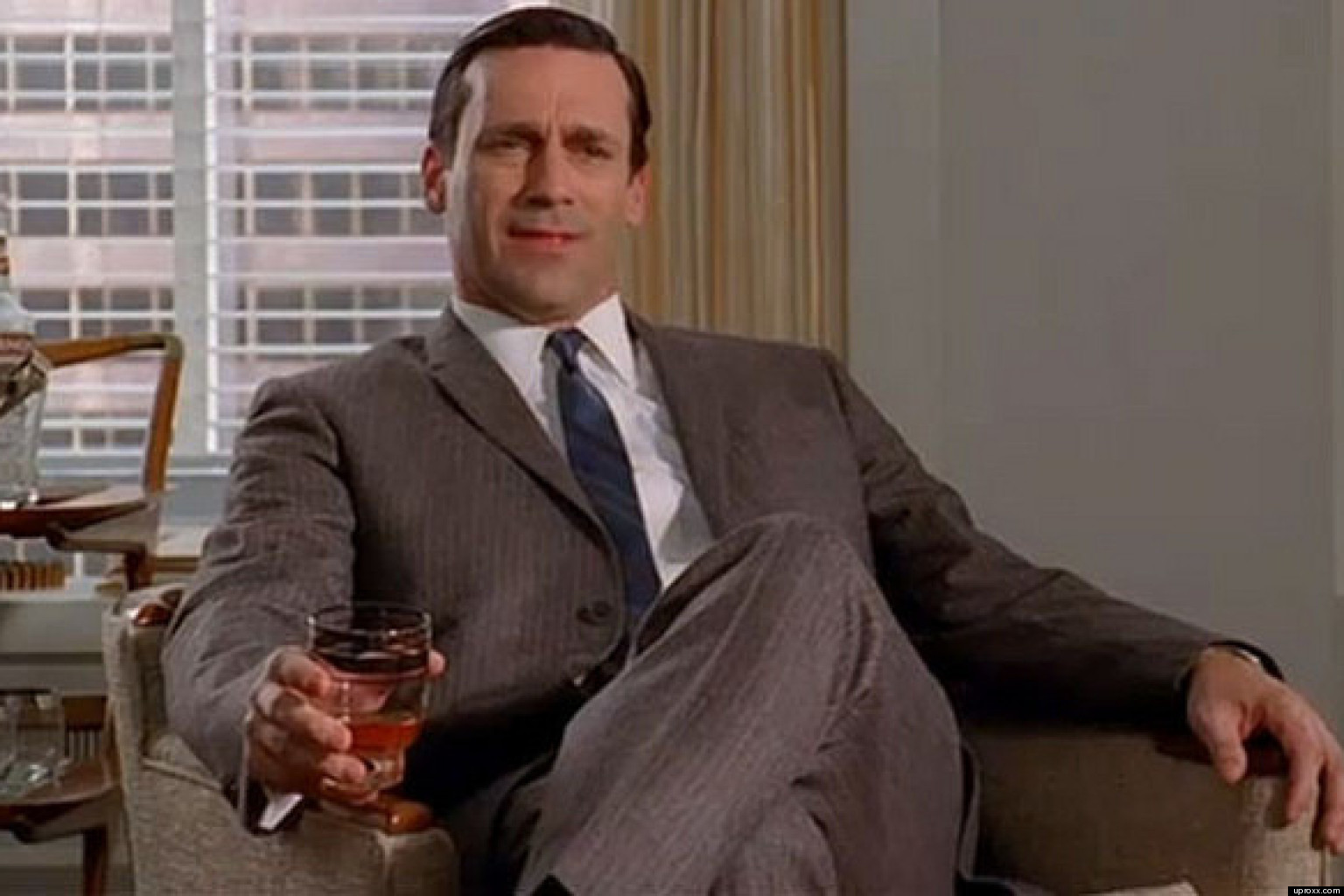
The NBA is projected to become the most popular sports league in America. They already have the best outreach worldwide. The NBA has long been considered to be very good at reaching out to new markets. In other words, they're the best at engaging the groundswell.
One of the ways the NBA has aimed to engage the groundswell is through the all-star game. The all-star game is a match where all the best players in the league assemble to play each other on two teams during the middle of the season. Every major American sports league has an all-star game. Unfortunately, the ratings for these events have been on the decline for all leagues in recent years. As a result, the NBA sought out the groundswell.
The NBA allows fans to vote for the starters in the all-star game (10 total). The rest of the players are voted in by coaches. Naturally, the process was meant to engage us fans more in the process. A couple years ago, they even introduced a feature where you can vote via a hashtag. It's as easy as typing myfavorite player #NBAballot on social media. They wanted to keep our attention.You would expect the best ten players to be voted in, wouldn't you?
Well, that's not what's happened. The NBA failed to anticipate that a voting process would land the most popular players in the game, not necessarily the best. Throughout the early 2000s, Yao Ming dominated all-star voting. He was pretty good. The general consensus though, is that he wasn't nearly as good as his vote totals would suggest. Many thought he was taking an all-star spot from better players.

Things got even testier when Jeremy Lin started to dominate all-star voting. Yao was, at least, among the top players in the league. Jeremy Lin just had a couple of good games.

What gives? Well, the NBA has been trying to engage the groundswell abroad. One place where the league has really taken off: China. What country has the largest population in the world? China. The NBA is in a bind all of the sudden. What should they do? On the one hand, your base, the American fans, are upset that the best talent isn't represented. On the other hand, your new market has spoken. They want to see representation in the game. So how do you please both at once?
The NBA stood its ground for a long time. Until Zaza. Last year, Zaza Pachulia (now playing for my hometown Warriors), this guy, was almost voted in to the all star game.


The issue, is that he beat this guy (Kawhi Leonard) in voting:

That was when the NBA had enough. Zaza was getting incredible support from his home country Georgia (no, not the state in the south). Some people also just thought it would be funny to vote in a guy with a silly name that wasn't even that good. In response, the NBA took away power from the fans, and in turn, the groundswell. Now, fan votes account for 50% of the final tally, with the media and players sharing the other 50% of the voting power. A lot of people loved the move, as you can see below:
Is the NBA doing the right thing though? Isn't the all-star game for the fans? Sure, the best ten players may not start the game, but in theory, the ten most popular players will. To be fair, the NBA was dealing with a different kind of groundswell criticizing it for a flawed voting process.
But if we want to build a brand, as we've learned, one of the best ways to do that is to hand power over to the groundswell. Couldn't the NBA argue to the groundswell criticizing it that if they are unhappy with the participants in the game, they should exercise their voting power more? Ultimately, the all-star game has no bearing on anything else in the season. It's an exhibition game. So if the NBA wants to grow its brand, which of course it does, shouldn't it listen to the groundswell?







